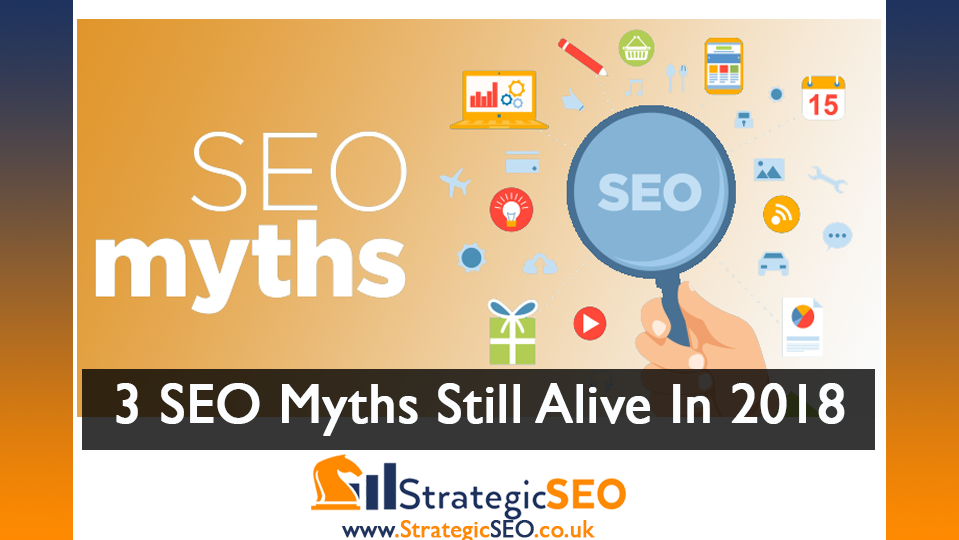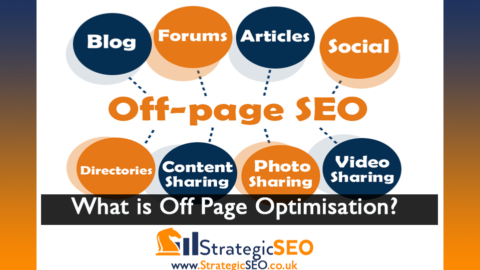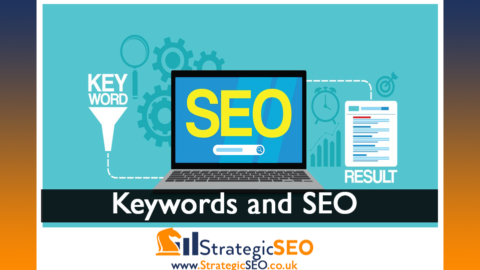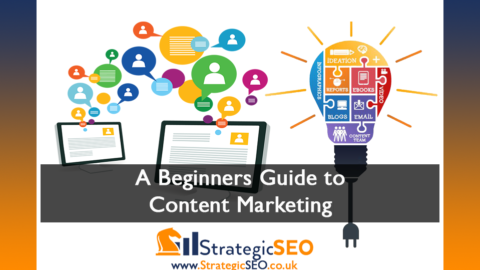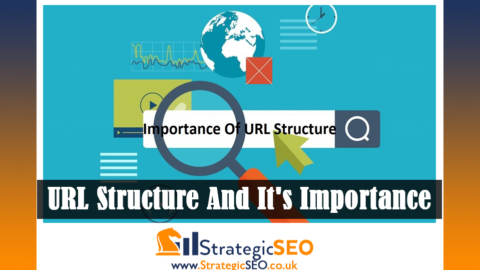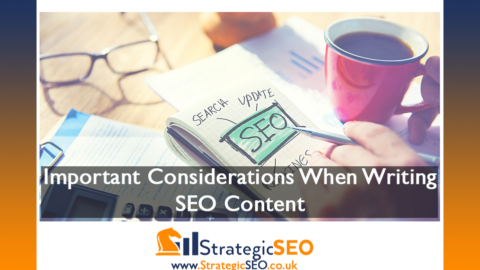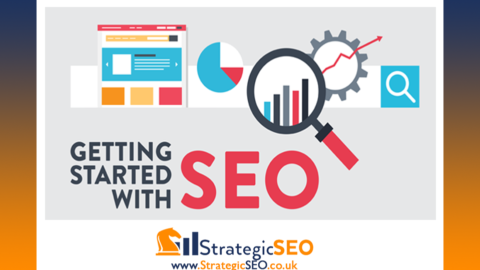Top 3 SEO Myths Still Alive In 2018
SEO (Search Engine Optimisation) is one of the most hotly debated topics within the world wide web. The reason for this is just how open to interpretation it can be in terms of practices and procedures. Many of the top SEO experts will always follow white hat practices, as well they should, but they will also have their own spin on certain practices they use as a kind of ‘calling card’ for how they go about business.
Whilst this is all well and good since it is those ‘calling cards’ that have contributed to the success of those SEO consultants, it can also have a negative effect when it comes to misinformation and the spreading of said misinformation.
StrategicSEO is the UK’s number one SEO agency and currently employs the industry leaders to work from our London offices for our online clients. What we have noticed in our 10+ year tenure of hiring the best possible candidates is both these calling cards and misinformation that is ingrained into the SEO niche.
Our SEO director took some time out of the busy day to day in the heart of London to highlight 3 of the most common myths that SEO consultants and website owners are continually making well into 2018.
It is very important for you, as a budding SEO enthusiast, to understand these myths and ensure that they are not part of your SEO strategy.
Many of these myths are well and truly deep within the SEO industry despite their easily proven flaws. By dispelling these from your SEO toolkit you can elevate your SEO skills on to the next level.
-
HTTPS Doesn’t Affect Ranking
This one is the first on our list for good reason. Not only because it shocked us the most that some consultants still do not believe HTTPs/SSL has an effect on search engine rankings, but also because of how it can be proven otherwise.
Back in September 2016, Google announced that any websites they crawl that do not have an SSL certificate (HTTPs technology), would be marked as ‘unsafe’ within Chrome (the World’s most popular web browser).
As if this wasn’t enough of an indication that HTTPS/SSL would effect your rankings, many top tier websites saw SERPs (search engine results pages) completely boycott their website simply because they had not implemented SSL into their web app systems.
It is clear to anyone that a lack of security within your web based solution in the form of SSL is going to have a major detrimental effect on the rankings you will see. This is true and is only set to become even more harsher as free SSL certificates hit the market making it unacceptable for any serious website to not have one. -
SEO Companies Endorsed Or Approved By Google.
As an SEO agency this one perhaps pinches us the most since it is the one we hear more often from potential customers who have used SEO services elsewhere.
We are not endorsed or approved by Google as an agency. Why? Because no-one is!
Any agency that tells you that they are a ‘partner’ or ‘preferred supplier’ or even ‘endorsed’ by Google is unfortunately flat-out lying. It is concerning since if they a lying about this, something very easily proved to be false, then what else are they lying about.
Google has not, does not and doesn’t appear they ever will, endorse or approve of SEO agencies or consultants. What Google does do, is set some loose guidelines in terms of what they recognise as best practices and what they deem as an offence of the rules.
You must remember that in Google’s eyes they would probably choose that SEO agencies and consultants did not exist at all. Google has created complex and thorough algorithms to rank all of the content available on the internet in the best possible way to serve the person searching. The spanner in the works is SEO consultants and agencies who’s sole job is to tick all the right boxes in this algorithm in order to rank higher and quicker.
As you can probably see from that SEO is not something Google want to condone – unless the SEO is white hat (best practices), but even then, they would prefer in an ideal World, real & organic websites/content with no agenda.
Remember – no guru or specialist can guarantee results although many will try. It is impossible to say with certainty and truthfullness that you can rank someone anywhere near the top of Google results and certainly not within a small time frame for a tiny sum. Please use caution when choosing who to outsource your SEO strategy to. -
Local SEO Optimisation Is Similar To Regular SEO Optimisation
Our final myth stems from a former employee who swore by this logic which had been ingrained into his way of working throughout 4 previous SEO agency roles (one at board level).
Whilst this individual was a fantastic SEO consultant and excelled in our London offices, the thought process behind this myth being so easily worked into their workflow is something that needs to be addressed on a larger scale.
The reality is that local search engine optimisation and standard search engine optimisation are very different aside from a few key foundation procedures.
The main difference is that when optimising for regular SEO you are not necessarily geographically restricted in terms of the demographic you are targeting. Whilst your targets may be continent specific or even country specific, it is very rare that regular SEO techniques should even be considered when your geographic target boils down to a single city, county or area.
What instead needs to be a priority for local SEO is locality related websites and directories. Yes, you should still be targeting keywords but these should be targeted with the geography in mind.
For example & in the simplest terms:
Regular SEO for StrategicSEO.co.uk – “Search Engine Optimisation Services”
Local SEO for StrategicSEO.co.uk – “Search Engine Optimisation Services in London”
This may seem like a very small difference but there is in fact a huge gulf between the two and both would have serious knock on effects within SERPs (search engine results pages).
It is important to understand Google’s 2014 release of the pigeon ranking algorithm that was specifically designed to address location and distance parameters for its search results.
So that’s the top 3 for you to get your teeth sunk into!
If they are some points that you feel you believed, there is nothing to be ashamed of. SEO is an ever ongoing unfinished mission of constantly improving, adapting and overcoming practices based on the best available information. It is important to regularly review your processes so that you don’t fall into the trap of outdated or unsupported practices that may have been handed down or distributed from SEO gurus, agencies or previous roles.
If you ever need help with your SEO strategy then be sure to get in contact with our London offices and speak to an award winning SEO consultant today, free of charge with no obligations.

